

Uh oh...
It appears that you're using a severely outdated version of Safari on Windows. Many features won't work correctly, and functionality can't be guaranteed. Please try viewing this website in Edge, Mozilla, Chrome, or another modern browser. Sorry for any inconvenience this may have caused!
Read More about this safari issue.

The second of four stories of rural Arkansans who became major league pitching stars in the late 1940s.
In 2016, the once pitiable Chicago Cubs broke a seemingly unbreakable curse and won the World Series. The team the Cubs beat in that series, the Cleveland Indians, now holds the dubious distinction for the most seasons without winning the World Series. Cleveland last won a championship in 1948, a 71 season drought.
The story of that remarkable 1948 season has the kind of plot we might expect from a movie with Kevin Costner playing the lead in a drama that ends with an unlikely victory. In the Cleveland story, the hero was a tall, lanky, knuckleball pitcher from the Arkansas Delta named Gene Bearden.
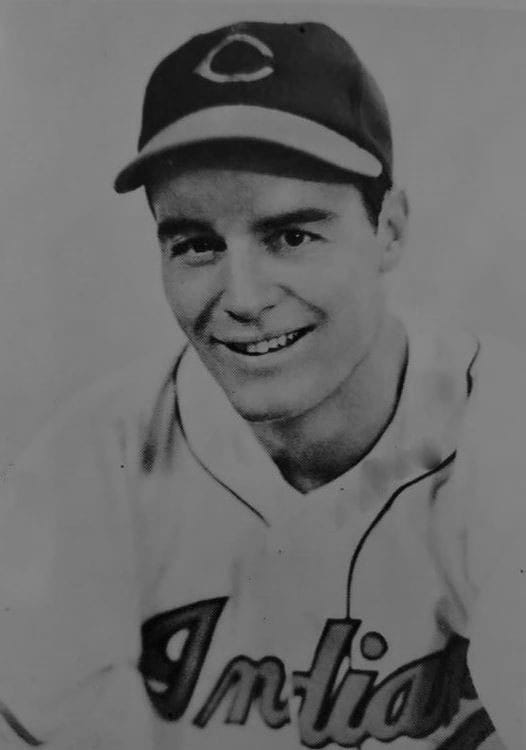
Henry Eugene Bearden was born in Lexa, Arkansas, on Sept. 5, 1920. Like many Arkansas boys in the 1920s, he spent his hot summer days with a fishing pole and a baseball. When Gene was 14, the family moved to Memphis. The country kid from across the river found himself out of place in the city. Fortunately for Gene, he was an exceptional athlete, and by the time he reached high school, he was a star in several sports. The story of a country boy who moves to town and becomes a popular sports star is not that unique, but Gene Bearden’s life was about to become the stuff of legends and a saga that features one of the greatest moments in Cleveland sports’ history.
Of course, there has to be a love story intertwined with the baseball story. Gene met the love of his life in Memphis. Lois Shea was a society girl who played piano, danced and performed in stage productions for the Memphis in-crowd. Although they became some version of high school sweethearts, Lois and Lefty, as she called Gene, were from two different worlds. When Gene graduated, he had several offers to play college football and baseball, but the school part of college was not his thing. He enrolled in a baseball summer school in Greenbrier, Arkansas. Lois moved west to become a Hollywood star.
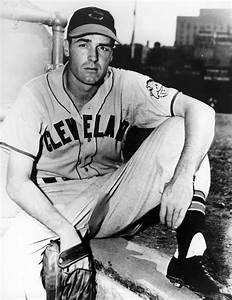
Gene was a first baseman when he arrived at Greenbrier, but the baseball school’s director, a country doctor named Earl Williams, convinced him that his future was as a pitcher. Eighteen-year-old Gene was the star of that summer school, and several major league teams sent scouts to the tiny Arkansas village to see the left-hander with the blazing fastball. With Doc Williams as his advisor, Gene turned down several teams to sign with the Phillies’ organization. Bearden was not an instant success in the minors, but he showed enough progress to be considered a big league prospect until life got in the way of his trip to the major leagues.
America was at war, and Bearden, like so many young men, felt compelled to join the armed services. In mid-season 1942, he enlisted in the Navy. After three years in the Navy and some mysterious injuries while stationed in Florida, Bearden returned to baseball in 1945. Gene worked his way into shape quickly and spent a remarkably successful 1945 season in the Yankees’ minor league system, where he met another key member of a support system that changed his life. In 1946, he joined the Oakland Oaks, a Yankee farm team managed by 55-year-old Casey Stengel. Stengel candidly advised Gene that his injuries had taken some velocity from his fastball and that he should rely on the knuckleball he was experimenting with at the time. The “Old Professor’s” instincts were correct, and by 1947, Gene got his shot with the Cleveland Indians. He pitched in one game and gave up three runs in less than an inning’s work.
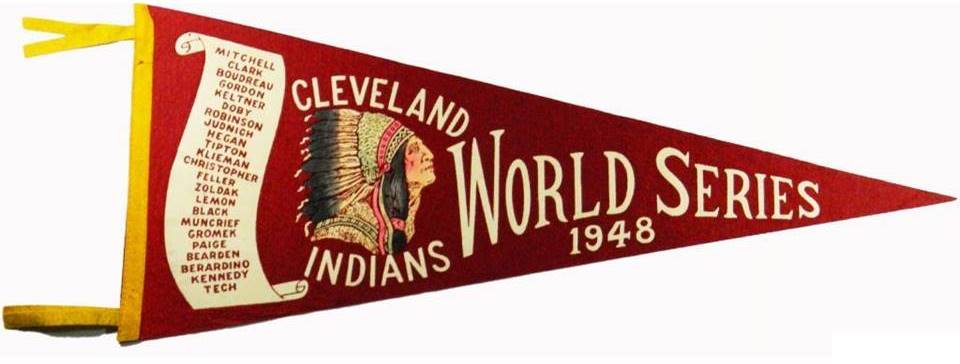
Despite a disappointing outing in his only game in 1947, the 1948 season would be a sensational summer for Bearden. The rookie would produce the most dramatic pitching performance in Cleveland Indian history. Bearden got off to a good start, and by the end of July, his record was a respectable 8 – 3. A knuckleball doesn’t place a lot of stress on a pitcher’s arm, and as summer’s dog days arrived, and the Cleveland pitching staff began to wilt, Gene Bearden started his extraordinary stretch run. He won 11 games the last third of the season and finished the regular season with a 19 – 7 mark, including three wins in the last week of the season. The Indians had come from five games back in early September to tie the Red Sox for the AL Championship. Although Gene had pitched a complete game two days earlier, he got the call from Manager Boudreau for a one-game playoff. Of course, truth is often stranger than fiction, and Bearden’s five-hit victory in the tiebreaker not only gave the Indians the pennant and his seventh straight victory, but also a 20-win season.

The unfathomable story of the injured sailor-turned-hero continued in the World Series. With the series tied at one win each, Bearden faced only 30 batters and won a 2 – 0 shutout in Game Three. The two teams split Game Four and Game Five, and in the eighth inning of Game Six, Boudreau called for the knuckleballer to finish the game. Bearden came through, protecting a one-run lead in the ninth to clinch the series for the Indians. Teammates carried the rookie pitcher off the field. Gene Bearden was without question the man-of-the-year in Cleveland.
Like the Indians, Gene Bearden would never recapture the magic of 1948. He would pitch seven more seasons without a winning record in any of them. Bearden retired to Phillips County in 1958 and coached the American Legion team for many years. He was elected to the Arkansas Sports Hall of Fame in 1988. Bearden died in 2004 in Alabama, where Lois Shea Bearden lived until her death in 2006.
Much of Gene Bearden’s heroic story was tarnished when it was discovered that his World War tale of survival during an attack on his ship in the Solomon Islands was not true. He was not aboard the USS Helena when the attack occurred. Bearden either made up the story or more likely allowed it to grow and become part of his life story. The hoax was not discovered until 2023 when a military/baseball historian discovered the falsehood. Laying Gene Bearden’s USS Helena Story to Rest
What remains unquestionable was his unbelievable season in 1948.
Photos courtesy of Bruce Wood and Gene Bearden’s grandson, Johnathan Urschel.
Join the Conversation
Leave a Comment
4 responses to “Arkansas’s Gene Bearden, World Series Hero”
 Leave a Reply
Leave a Reply
We do the work.
You check your email.
Sign up for our weekly e-news.
Get stories sent straight to your inbox!








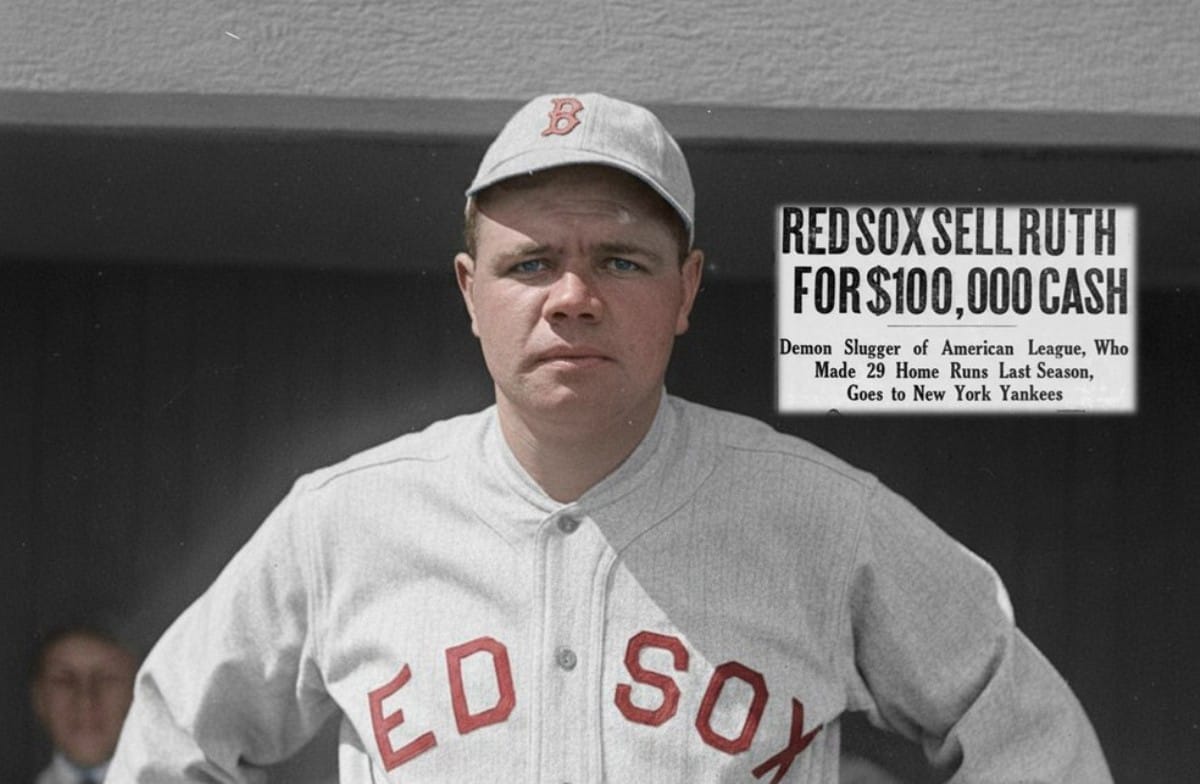


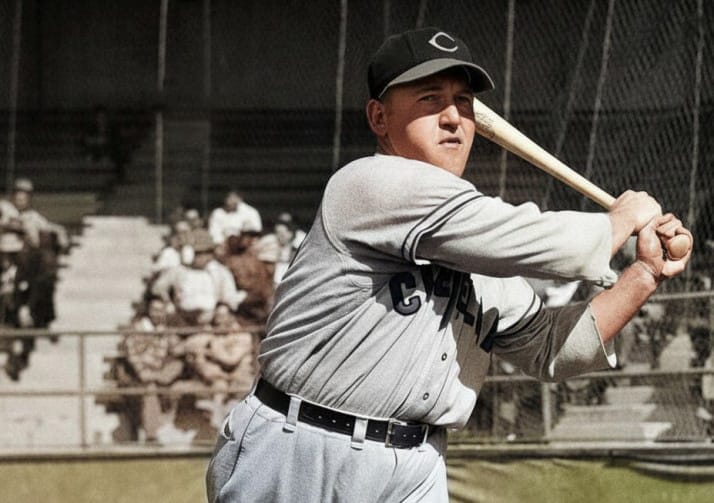
 Leave a Reply
Leave a Reply
[…] boy. In 1948, the Cleveland Indians found a knuckleball specialist from the Arkansas Delta named Gene Bearden. Bearden recovered from a catastrophic war injury to lead the Tribe to the American League pennant […]
[…] Williams immediately converted the talented lefty to a pitcher, and Gene Bearden became the outstanding player of that first summer baseball school. Bearden attracted scouts to […]
I was fortunate enough to have played American Legion Baseball for Gene Bearden in the late 80’s. He was a carismatic man and a great coach.
I played hard, every day, for this man, because of the respect and love I had for him.
I learned more from listening to him from his seat in the dugout than I learned from every coach I’d ever played for before and after him, combined.
I loved the game and still love it to this day and being around him was a very big part of the love I have for it.
A gentle and very intelligent man that gave his life after his baseball career to the youngmen of Phillips County for many years.
I could never get enough time to be around him.
I stayed in touch with him after I played for him and would always go by to visit him and his lovely wife, Lois.
This is truly a wonderful article that took me back to reflect how blessed I was to know such a great man.
RIP, Gene. You are dearly missed and I want to thank you for all your wisdom you shared, not only in baseball but in life.
[…] Jim Yeager, “Arkansas’s Gene Bearden, World Series Hero,” Only In Arkansas (https://onlyinark.com/sports/arkansass-gene-bearden-world-series-hero, January 2, 2002), (accessed May 23, […]